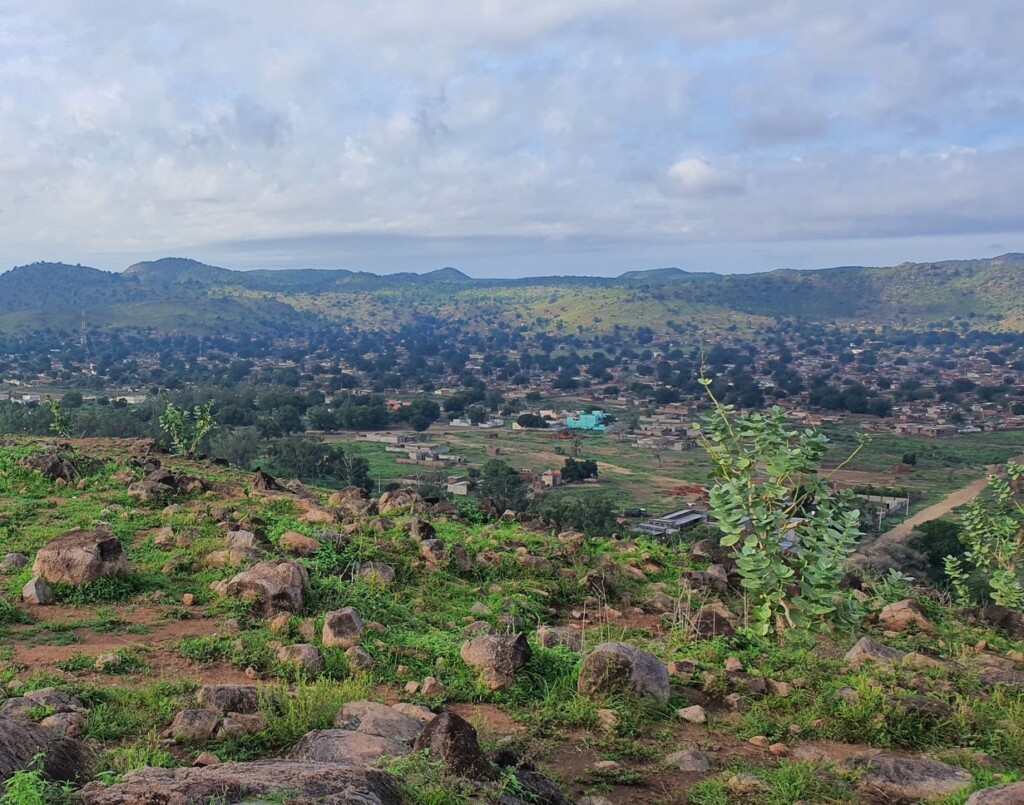South Kordofan’s displaced in Kadugli ‘denied aid’

Kadugli (File photo: social media)
The authorities in Kadugli, capital of South Kordofan, reportedly barred humanitarian organisations from providing aid to hundreds of displaced families in the city.
Families who are seeking refuge in nine different locations within Kadugli, after fleeing armed confrontations between the Sudanese Armed Forces (SAF) and the Sudan Popular Liberation Movement- North under Abdelaziz El Hilu’s leadership (SPLM-N El Hilu) in recent weeks, are being denied access to humanitarian aid, a government source told Radio Dabanga yesterday.
According to the source, the authorities in Kadugli cited “concerns about prolonging the stay of displaced people in these sites, environmental risks, and the lack of essential services” for the decision.
Activists criticised the justifications as “inadequate” and called on the authorities “to consider the plight of the displaced and permit humanitarian organisations to provide the much-needed aid”.
The humanitarian and charity organisations in Kadugli are ready to provide aid, they said.
Radio Dabanga was unable to reach South Kordofan’s Governor Mohamed Ibrahim for comment.
‘Challenging’
The displaced say that they do not dare to return to their areas of origin as long as security conditions have not improved, and the remnants of war have been removed. “Currently, the return of the displaced remains challenging, especially for residents of the El Gardud and Telu neighbourhoods in Kadugli, given their proximity to clash sites between the SAF and SPLM-N El Hilu”, according to local sources.
On September 1, Save the Children reported that more than 50,000 people fled from their homes in Kadugli and sought refuge in safer parts in the town or elsewhere. The families were residing in “near-siege conditions”, exhausted emergency food provisions, and were encountering restricted access to both medical services and major roadways, the international organisation stated. Save the Children was unable to deliver sufficient aid “owing to ongoing hostilities” because of the “extremely volatile” situation across South Kordofan.
According to the International Organisation for Migration’s (IOM) on September 19, the number of displaced in South Kordofan increased by more than 3,600 people between September 12-19, bringing the total of people who fled their homes due to fighting to 83,505 people.











 and then
and then